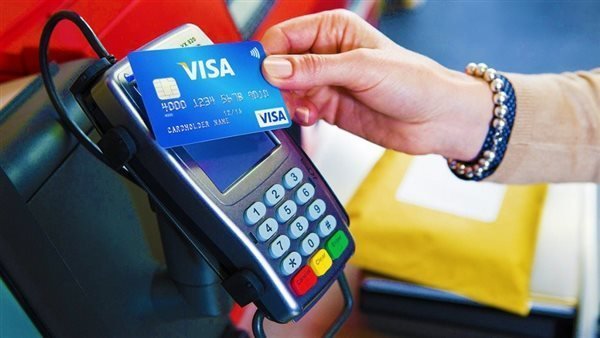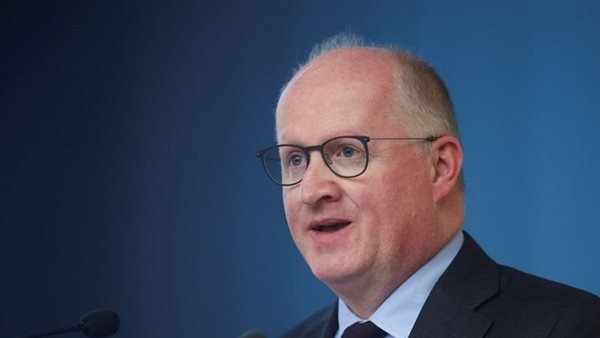
Despite a steady increase in research activity, central bankers are showing a rapidly decreasing enthusiasm for central bank digital currencies (CBDC), the official think tank for Monetary and Financial Institutions (OMFIF) found in its annual Future of Payments Survey.
Linking instant payment systems, such as the relatively new US FedNow, is the most popular solution among central banks to improve cross-border payments and nearly half (47%) of respondents chose this option, representing only a small increase from last year’s results. 0% vote, just like last year.
CBDCs in this ranking fell from 31% in 2023 to 13% in 2024. This may reflect a reaction to greater interest in CBDCs at some central banks.
When the Bank for International Settlements withdrew from the mBridge project in October, the move was widely interpreted as a reaction to the threat it poses to international sanctions due to the dominance of China and other countries not closely aligned with the West in the project.
The Bank for International Settlements denied that its decision on the mBridge project was political. The report concluded that the US dollar would remain the preferred settlement currency and only 11% of central banks said they were reducing their use of the dollar: “For the time being, many players looking for a safe haven will increasingly face… “Geopolitical tensions reduce their dollar holdings, reinforcing the dominance of existing payment systems.”
Tokenization and trade finance look better
The correspondent banking system, where large international banks provide international settlement services to small domestic banks, has been in decline for years. The process is becoming more expensive as KYC/AML procedures become more complex.
Its decline will only accelerate if the new messaging standard, ISO 20022, is not implemented on schedule. The survey finds that there is likely to be a significant delay in adopting the new standard.
This may explain the lively interest among central banks in tokenization, which may serve to simplify compliance checks. More than 40% of central banks in developed markets “believe it is promising and expect to begin work on it within the next three to five years.”
The Bank for International Settlements’ Agora project, in which the central banks of France, Japan, South Korea, Mexico, Switzerland, and the United Kingdom participate, along with the Federal Reserve Banks of the United States, is one of many projects paving the way toward token transfers. It depends critically on the wholesale use of central bank digital currencies.
However, given the preference for legacy instant payment systems, it seems clear that cross-border payments will remain outside the blockchain. The Bank for International Settlements is also ready for this option and the Nexus project, which is also based on the ISO 20022 standard, is developing a common platform for instant payment systems.



